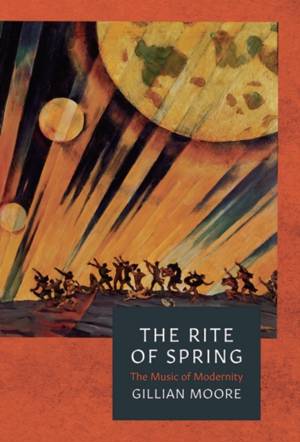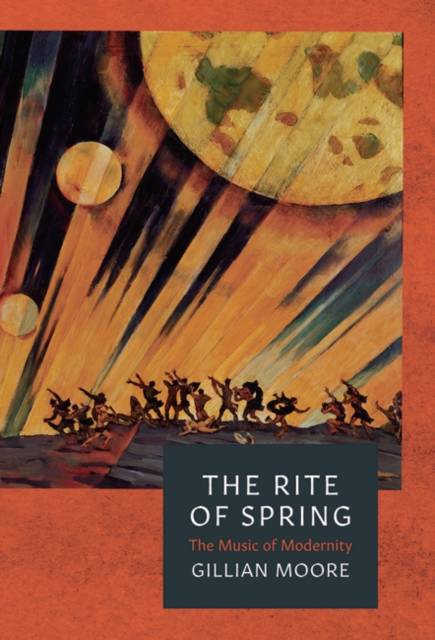
- Retrait gratuit dans votre magasin Club
- 7.000.000 titres dans notre catalogue
- Payer en toute sécurité
- Toujours un magasin près de chez vous
- Retrait gratuit dans votre magasin Club
- 7.000.0000 titres dans notre catalogue
- Payer en toute sécurité
- Toujours un magasin près de chez vous
Description
On 29 May 1913, at the Théâtre des Champs-Elysées in Paris, a new ballet by Diaghilev's Ballets Russes, choreographed by Vaslav Nijinsky, received its premiere. Many of the cultural big names of Paris were there, or were rumoured to have been there: Debussy, Ravel, Proust, Gertrude Stein, Picasso. When the curtain rose on a cast of frenziedly stamping dancers, a near-riot ensued, ensuring the evening would enter the folklore of modernism. While it was the dancing that triggered the mayhem, Stravinsky's score contained shocks enough, with its innovations in form, rhythm, dissonance and its sheer sonic power. The Rite of Spring would achieve recognition in its own right as a concert piece, and is now seen as one of the most influential works of the 20th century.
Gillian Moore explores the cultural climate that created The Rite, tells the story of the creation of the music and the ballet and provides a guide to the music itself, showing how a scandalous novelty of 1913 became a 21st-century concert staple. As well as considering its influence on 20th-century classical composers, she probes The Rite's impact on film music (including scores for Star Wars and Jaws); its extensive influence on jazz musicians (including Charlie Parker) and by artists as diverse as Weather Report, Joni Mitchell, Frank Zappa and The Pet Shop Boys.
Spécifications
Parties prenantes
- Auteur(s) :
- Editeur:
Contenu
- Nombre de pages :
- 288
- Langue:
- Anglais
- Collection :
Caractéristiques
- EAN:
- 9781786696823
- Date de parution :
- 10-01-19
- Format:
- Livre relié
- Format numérique:
- Genaaid
- Dimensions :
- 135 mm x 200 mm
- Poids :
- 460 g

Les avis
Nous publions uniquement les avis qui respectent les conditions requises. Consultez nos conditions pour les avis.






